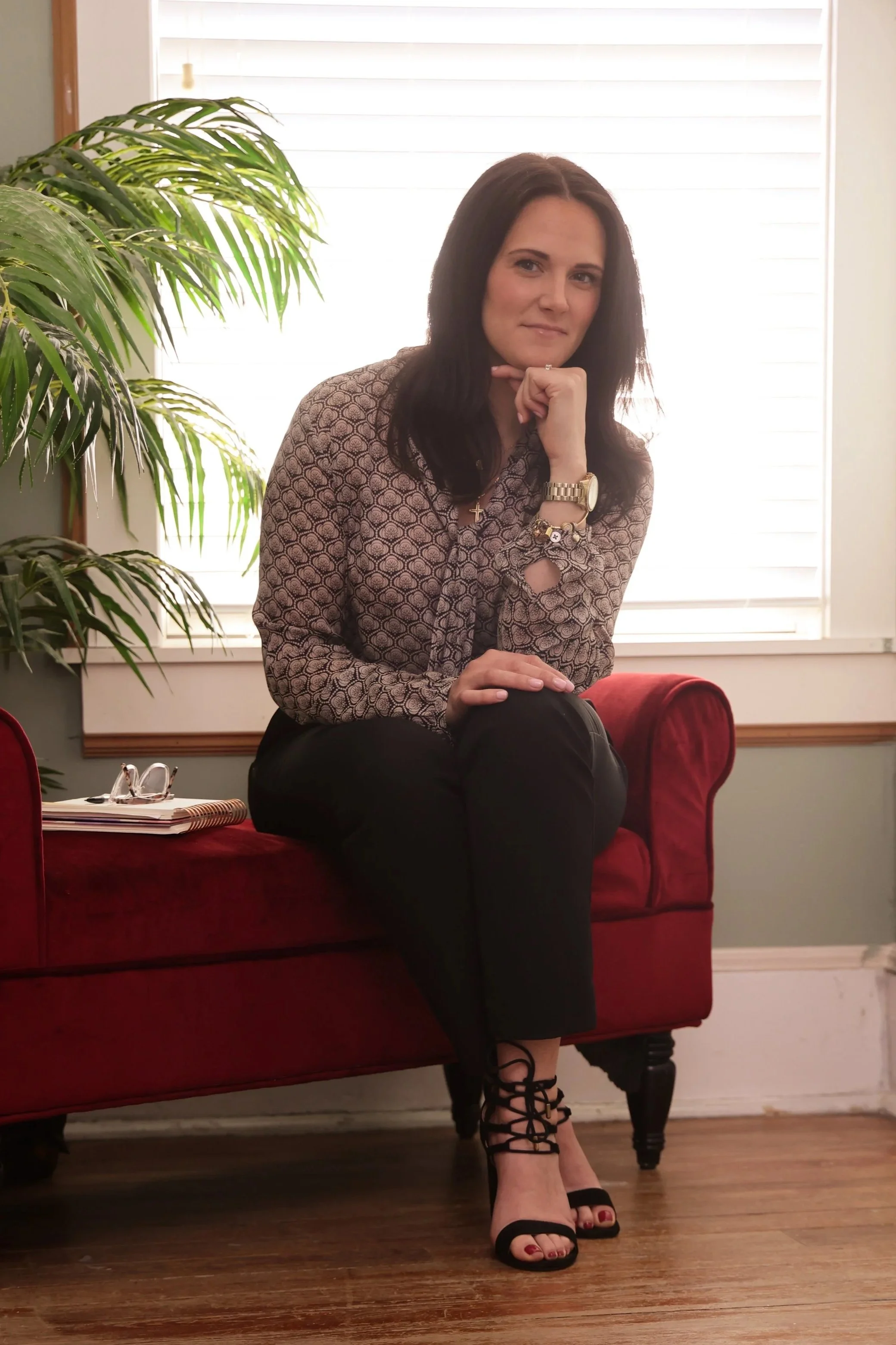Weekly Therapy vs. Therapy Intensives: Which Is Better for Me?
A Season of Transition
There’s something about fall that invites reflection. Maybe it’s the shift in weather, the start of new routines, or the quiet reminder that change is constant. For many young adults, this season sparks the urge to refocus on mental health: to finally work through the anxiety, perfectionism, or intrusive thoughts that have been simmering under the surface.
But as you think about getting support, you might wonder: What’s the best format for therapy right now? Should you stick with weekly therapy, or would a therapy intensive be more effective?
Weekly Therapy: The Traditional Approach
Weekly therapy is what most people picture when they think of treatment- one session per week, usually lasting 45 to 60 minutes. It’s a steady, consistent approach that helps you process life’s challenges over time.
In weekly therapy, you and your therapist build a strong relationship, gradually unpacking patterns of anxiety, obsessive thoughts, and behaviors that no longer serve you. For many clients, this structure provides:
Consistency and accountability. Having a weekly check-in can help you stay grounded and motivated.
Sustainable progress. You can slowly integrate new coping tools into daily life.
Space for reflection. Each week gives time to digest insights and apply them in between sessions.
Weekly therapy works well if you’re managing ongoing stressors, adjusting to transitions, or just beginning your mental health journey.
Therapy Intensives: A Deeper Dive
Therapy intensives are designed for those ready to go beyond the limits of a 50-minute session. Instead of spreading work out over months, intensives condense therapy into a shorter, more immersive format, often several hours over one or more consecutive days.
For individuals struggling with OCDor anxiety, this structure can be transformative. Intensives allow you to dive deep into the root of what’s keeping you stuck, while building real momentum toward change.
Some benefits of therapy intensives include:
Faster progress. You can make weeks’ worth of therapeutic gains in a fraction of the time.
Focused healing. There’s space to fully explore your patterns without feeling rushed.
Customized structure. Intensives are tailored to your specific goals and symptoms, like tackling intrusive thoughts or practicing ERP (Exposure and Response Prevention) in real time.
If you’ve been in therapy before but feel like you’re circling the same themes, an intensive might offer the breakthrough you’ve been seeking.
How to Know Which Is Right for You This Fall
The right approach depends on what you need most right now. Ask yourself:
Am I looking for steady support and gradual change, or am I ready for focused, accelerated work?
Have I been feeling stuck or plateaued in traditional therapy?
Do I have the time and emotional energy to dedicate a few immersive days to my healing process?
If you’re in a season of stability but want ongoing support, weekly therapy might fit best. If you’re ready to make a shift, process something significant, or gain momentum before the end of the year, a therapy intensive could be the reset you need.
The Role of Fall Transitions
Fall naturally pushes us to slow down and look inward. As routines shift, the air cools, and the year begins to wind down, it’s a perfect time to ask: What do I need right now to feel more grounded and aligned?
Whether that means continuing your weekly sessions or carving out time for an intensive, this season offers an invitation to take your mental health seriously, to get curious, and to choose the kind of support that will move you forward.
Ready to Explore Your Options?
If you’re wondering whether weekly therapy or a therapy intensive is right for you, let’s talk it through together. At RIT Psychology, we specialize in helping young adults navigate anxiety and OCD with evidence-based, compassionate care.
Schedule a consultation to explore your mental health options this fall and find the approach that fits your season of growth.
Dr. Rose Taveras is a licensed psychologist with over 8 years of experience supporting clients in Roslyn, New York. She specializes in OCD and uses evidence-based approaches like Exposure Response Prevention (ERP) and Inference-based Cognitive Behavior Therapy (I-CBT) Therapy to help clients feel less controlled by intrusive thoughts, break compulsive cycles, and connect to their truest self. At RIT Psychology, she is committed to providing compassionate, expert care both in-person and online for clients across New York.

